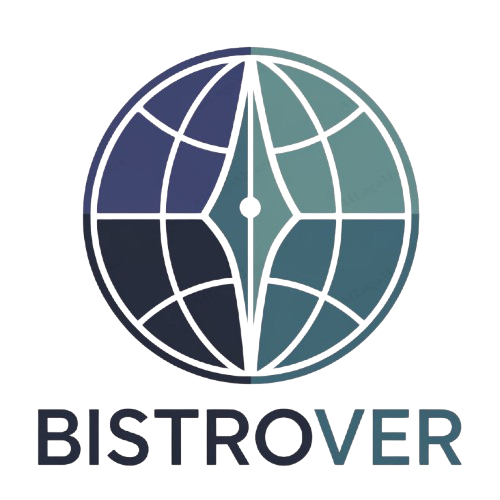AI for Property Management: How To Automate Tasks
The integration of artificial intelligence (AI) into property management is revolutionizing how managers handle daily operations, from tenant relations to building maintenance. By utilizing AI applications, property managers can now streamline various aspects of their work, leading to significant time and cost savings. These systems offer enhanced data analysis, predictive insights, and even direct customer interaction through AI-powered virtual assistants. As we delve deeper into how AI can optimize property management tasks, it is clear that embracing these technologies is not just beneficial, it’s becoming essential for staying competitive. Keep reading to discover how AI is transforming the property management industry.
The Role of AI in Enhancing Property Management Efficiency

AI for property management is transforming the industry by automating routine tasks like rent collection and report generation, saving property managers time. Machine learning algorithms personalize recommendations for tenants and owners, while real-time analytics help managers make quicker, informed decisions, improving tenant satisfaction and retention.
AI also plays a crucial role in risk management by analyzing data to predict potential issues, enabling preventative action. It fosters better communication between tenants and managers through automated updates, ensuring smooth operations and a positive environment for both parties.
Automating Tenant Screening and Leasing Processes with AI
AI can significantly improve the tenant screening process by automating background checks, credit score assessments, and rental history reviews. This accelerates the tenant acquisition process, ensuring only qualified candidates are considered, reducing the risk of rent defaults and property damage. AI-powered chatbots can handle tenant inquiries, schedule viewings, and answer frequently asked questions, enhancing the tenant experience and freeing property managers to focus on more complex tasks.
Smart contract management digitizes contract creation and signatures, making the leasing process more efficient and error-free. AI systems also track lease expirations and renewals, ensuring no critical dates are overlooked. This streamlined leasing experience benefits property managers and tenants, with all documentation securely stored in cloud-based systems.
AI-Driven Maintenance Requests and Property Upkeep
AI plays a crucial role in property management by predicting maintenance needs before they become pressing issues. It monitors property conditions in real time using connected IoT devices, alerting managers to potential problems like water leaks or electrical malfunctions.
AI software prioritizes maintenance requests based on urgency and impact, resulting in faster resolutions and reduced damage to the property. AI also plays a crucial role in property upgrades and renovations, identifying optimal times for activities and optimizing resource usage. Preventive maintenance, powered by AI, extends the lifespan of building systems and appliances, enhancing living conditions and cost-effectiveness.
Utilizing AI for Energy Management and Cost Savings in Properties

AI is revolutionizing property management by optimizing energy consumption. It analyzes energy usage patterns and automatically adjusts heating, cooling, and lighting settings to maintain comfort and reduce waste. This reduces operational costs and carbon footprints. AI also detects anomalies in energy usage, alerting property managers when usage deviates from the norm.
It also advises on the best times to buy energy, optimizing costs based on predictive market analysis. This strategic purchasing can lead to cost savings and a more profitable operation. AI-enabled energy management not only saves costs but also contributes to creating environmentally sustainable properties, making them attractive to tenants.
AI Implementation Strategies for Property Managers
AI integration in property management requires clear objectives and a phased approach, focusing on the most impactful areas first. Staff training is crucial for better service and tackling challenging tasks. Compliance with privacy laws, especially regarding tenant data, is essential. AI for property management can be integrated by leveraging industry-specific platforms and tools, offering comprehensive solutions for tenant management and energy optimization.
Staying updated on AI advancements and continuously evaluating system performance is crucial for efficiency and innovation. Managers should seek feedback from staff and tenants to understand the impact of AI on their experiences. A phased approach and staff training are essential for successful AI implementation in property management.
Overall, the intersection of AI and property management is yielding extraordinary benefits, transforming the industry into a model of efficiency and innovation. As AI continues to evolve, its integration into every facet of property management is not just a trend, but a necessary strategy for those looking to thrive in a competitive landscape.







